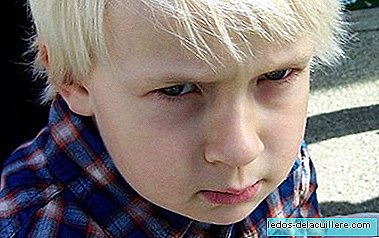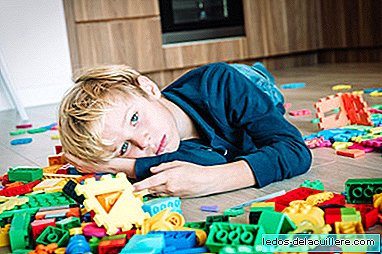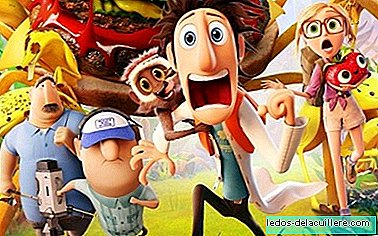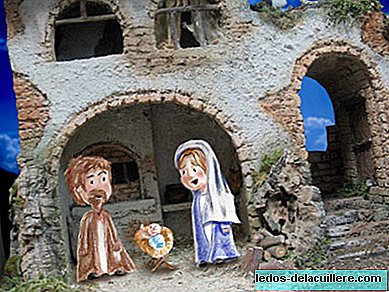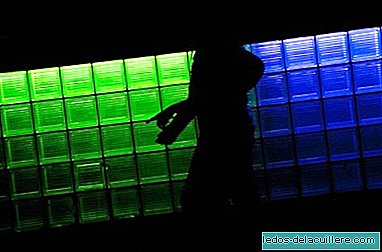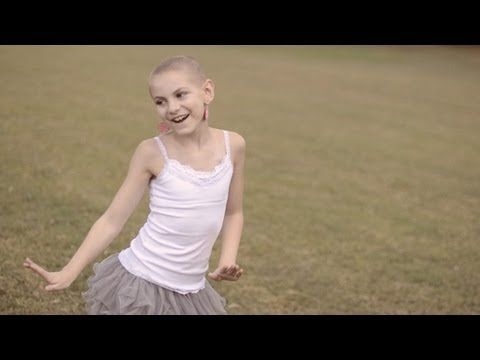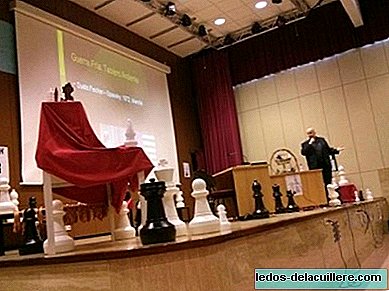
On April 24, 2014 I approached the Santa Francisca Javier Cabrini School to know live on I Cabrini Chess Tournament. What I observed left an excellent impression because there was a great participation with 166 children signed up to play, all with their t-shirts and their color accreditations to mark the categories, many trophies (part of them can be seen in the image), many professors collaborating and especially a committed presence of parents. And it is that all the kids went with the parents who accompanied them to see them compete, and to have fun, and who also took the opportunity to stay to see Leontxo García (in the image) that proposed us to make a Travel through the fascinating world of chess.
Before listening to Leontxo the school made a great informative display and communication to explain the initiative and thank the participation of teachers, students and families. Thus, among others, they spoke the Sister Conchita, Director General of the Center and Pilar San Miguel, from FSIE and who presented us with this initiative of Jaque Mate to the school failure a year ago and that seeing how it progresses seems to be going a long way. And then I stayed to enjoy Leontxo García's talk to which listening is like reading to him, and a later round table in which he talked about the social applications of chess like ADHD and the Asperger syndrome.
Leontxo explained to us that what he enjoys most is lecturing and getting the attention of the public. With the talk he prepared, this time titled a Travel through the fascinating world of chess, we spent more than an hour of entertainment knowing the origins of chess, established in Persia in the 5th century, the impact of Spain with Alfonso X the Wise in the thirteenth century and with Ruy López de Segura in the sixteenth century. And it is considered that it is at that time when the Lady, or Queen, is incorporated into modern chess and that its incorporation is also a tribute to the Queen Isabel The Catholic. Leontxo also mentioned that FIDE, the international chess federation, has federated players in more than 180 countries, which makes this sport universal, only surpassed by football, and also allows chess to be played virtually anywhere in the world.
Leontxo took the opportunity to claim more weight of chess in the Spain brand, for the number of players, for the successes of Spanish chess, for the impact it has on developing skills and abilities and especially because Ruy López's contribution to chess was very intense during several centuries There were also many references to the film of In search of Bobby Fischer, of which we have already spoken in Peques and Más when we indicate when to start playing chess and especially in the complete interview with Miguel Illescas. And it is that in that film the difference between joining a Chess Club to create champions and play chess to have fun, have fun and develop skills such as the type of chess taught in schools.
Between the classic chess duels throughout history Leontxo stood in 1972's between Fischer Y Spassky held in Iceland, the 1978 between Karpov Y Korchnoi in the Philippines and the 1987 one held in Seville between Karpov Y Kasparov in a duel that says Leontxo that is the greatest rivalry in the history of all sports, and I'm sure you're right. And it is that both have played 144 games, in the global calculation Kasparov wins by two points, they have faced each other for more than 500 hours face to face on a stage and both represent continuity, in the case of Karpov, and the break in the Kasparov case.
There was also a round table in which he participated Luis Blasco which continues to make progress with the child support initiative diagnosed with ADHD in the Villalba Chess Club. I loved Luis's intervention in which he said that a father had told him that his son, diagnosed with ADHD, knew no openings or Sicilian defense, or other game techniques. Luis the father's response was that the most important thing was that the child had stopped having bad grades, of showing bad behavior in class and that he also reduced the medication. I also listened to José Luis Sirera who has extensive experience of success in Rivas with children diagnosed with Asperger syndrome. Children diagnosed with this syndrome have problems in working social skills, difficulties in relating to other children, do not look in the eyes, do not want physical contact and yet with chess, which gives them rules and with which they feel comfortable, it helps them interact with other children, improve self-esteem, improve relationships and finally develop the ability to make and keep friends. In both cases of therapy, the monitors indicated that at least one complete course is needed, with two hours a week, to notice improvements in the children.
Also spoke Carlos Salgado of his book The wonderful world of chess at school which has been launched in Verkami, a crowdfunding platform. Carlos belongs to the Chess School in Playa de Haro, in Gerona and his mission is to spread chess along the Costa Brava in which they have had institutional support because the local councilor for sports is also a teacher. The paper book will have a price, pending fixing, of 15 euros although in digital it can probably be downloaded for free.
Between the challenges who commented on how get chess in school to be implanted more it was indicated that it is better for the pedagogue to learn chess so that the chess player learns pedagogy, that chess has a clear impact on social initiatives such as ADHD, with support and scientific reports, and the Asperger syndrome, although here you would have to work on writing an official report. Again it was mentioned that several scientific studies show that chess develops intelligence and raises performance by focusing on the reading comprehension and in the Problem resolution, the serious deficiencies that young people have in the results of PISA. And it is that chess helps to recognize signs, language, to know the pieces, to associate and relate plays and to draw conclusions.
There was also talk that it seems that the widespread implementation of chess in school is on track and that Spanish politicians are aware that it may be a good idea to develop it as a subject in school. The goal is not to make champions but to develop skills and abilities among children such as reflection and effort that would complement, for example, the use of good video games in which reflexes develop.
At the end of the talk I took the opportunity to congratulate Pilar San Miguel by the initiative of Checkmate to school failure It seems that it grows and develops with great success. We also comment on the possibility of updating the situation of the initiative and I hope we can talk to her soon again. And I also went to talk to Leontxo García to which I congratulated for the talk and for his book Chess and science, mixed passions and who told me that he is already working on another one that will have Carlsen as the main protagonist.
My goal is to continue telling news and news of chess because I think it is in a good time to take off in Spain and you have to be aware of all the news and initiatives that appear in relation to this sport.
In Peques and More | Checkmate to school failure at the Santa Francisca Javier Cabrini School in Madrid on April 26, 2014 In Peques y Más | Chess Image | @JavierCuervo



